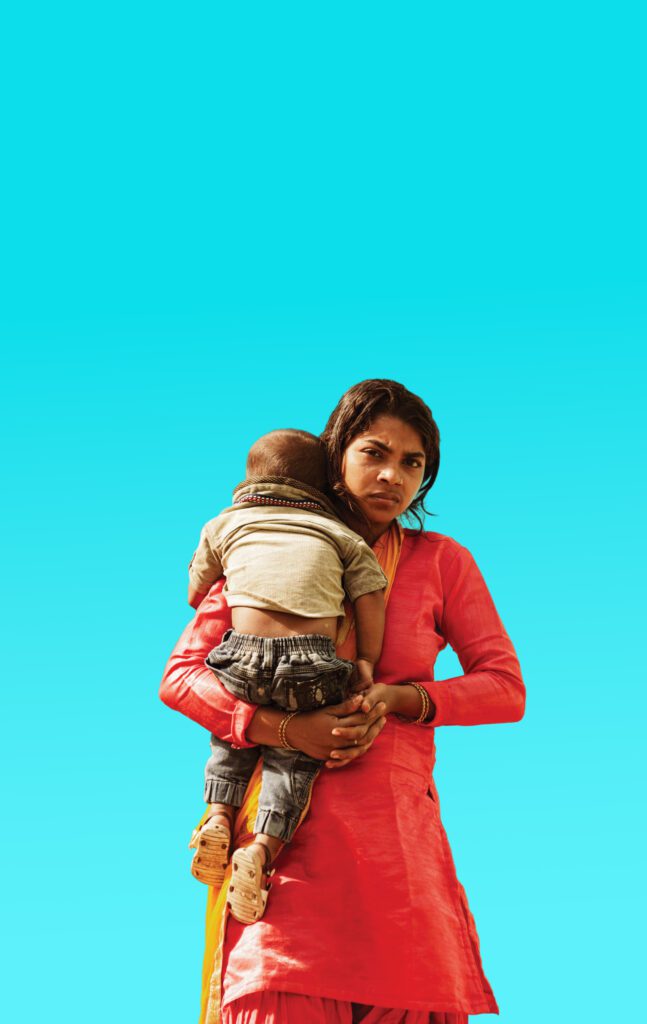
A health official in Nigeria says that more than 300,000 children die from malaria annually, in Nigeria alone, yet some advocates insist that we can reach near zero deaths from malaria by 2015. 63% of all hospital attendance and 70 percent of illness in children under five are due to malaria according to an article that can be found at @ http://234next.com/csp/cms/sites/Next/Home/5698117-146/story.csp
Some leading anti-malaria advocates insist that we can reach near zero deaths by 2015, which seems optimistic given these statistics in just one country, and the fact that 800,000 children died from malaria in 2009.
On the one hand such optimistic advocacy can rally and inspire. And those behind it surely and authentically believe it will come to pass, or perhaps believe that asserting it will help it come to pass. I understand that approach and at times, with other issues, have deployed it myself. But so many scientists who are deeply involved in malaria are doubtful – because of drug resistance, the limitations of bed nets, and the lack of vaccines, that it gives one pause and raises the specter of disillusionment and reversal if the law of unintended consequences comes tragically into play as a result of such optimistic assertions. It’s a real dilemma for one sympathetic to the Imaginations of Unreasonable Men, many of whom I profile in my new book of that name.


